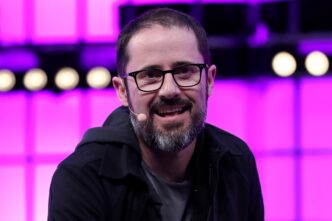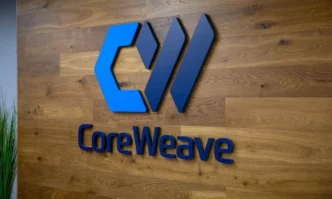Legal AI unicorn Harvey, long known for its close ties to OpenAI, is officially branching out. In a move that signals a shift in the foundation model landscape, Harvey announced it is now incorporating Anthropic’s Claude and Google’s Gemini models into its AI stack—breaking its exclusive reliance on OpenAI technology.
The news is significant because Harvey was one of the first four startups backed by the OpenAI Startup Fund in late 2022. Since then, it has become a poster child for the fund, securing a staggering $300 million Series D in February 2025, led by Sequoia Capital and backed by Coatue, Kleiner Perkins, GV (Google’s venture arm), and OpenAI itself. The startup is now valued at $3 billion and serves global law firms and in-house legal teams with AI tools for research, drafting, and pre-trial work.
Harvey says the decision to diversify its model usage came after running internal tests using its proprietary legal benchmark, BigLaw Bench. This benchmark revealed that no single foundation model excels across every legal task, and performance varies widely depending on the use case. For example, Harvey reports that Google’s Gemini 2.5 Pro outperforms rivals in legal drafting, while OpenAI’s o3 handles pre-trial tasks like writing oral arguments with superior understanding of evidentiary rules. Anthropic’s Claude 3.7 Sonnet also ranked highly in these areas.
Rather than training its own models from scratch, Harvey is opting for a multi-model strategy, leveraging best-in-class reasoning models from top vendors and fine-tuning them for specific legal workflows. This approach allows Harvey to build more capable AI legal agents by assembling the right model for each task instead of being locked into a single provider.
Despite its expanded model lineup, Harvey insists this move is not a break from OpenAI. CEO Winston Weinberg emphasized the continuing partnership, calling OpenAI a “key collaborator” and core investor. But there’s no denying the optics: an OpenAI-backed company is now pushing its competitors’ models into production—and publicly benchmarking their performance.
To that end, Harvey is also launching a public leaderboard for legal AI, ranking foundation models based on their task-specific performance in the legal domain. Importantly, Harvey says it won’t reduce model quality to a single score. Instead, its board of top legal experts will publish detailed assessments and explain how models perform on nuanced legal tasks that conventional benchmarks can’t fully capture.
Harvey’s decision also reflects the maturing dynamics of the AI ecosystem. Once dominated by OpenAI and its ChatGPT-based developer momentum, the legal AI market is now influenced by enterprise demand for interoperability and model specialization. Harvey’s adoption of Google and Anthropic models—along with cloud support from Amazon—demonstrates that best-in-class performance is becoming more distributed across providers.
It’s worth noting that GV led Harvey’s $100M Series C in mid-2024, and OpenAI also joined that round. While Google didn’t press Harvey to adopt its models at the time, the new rollout suggests that real-world performance now trumps cap-table loyalty. In fact, Harvey’s move puts pressure on all of its investors—including OpenAI—to continue proving their models’ relevance in competitive, high-stakes environments like law.
Still, OpenAI remains a formidable player. Its o3 model continues to shine in legal reasoning and continues to power core parts of Harvey’s platform. And despite recent signs of divergence, Weinberg made it clear: Harvey isn’t picking sides—it’s building the best legal AI infrastructure possible, with whatever models get the job done best.













